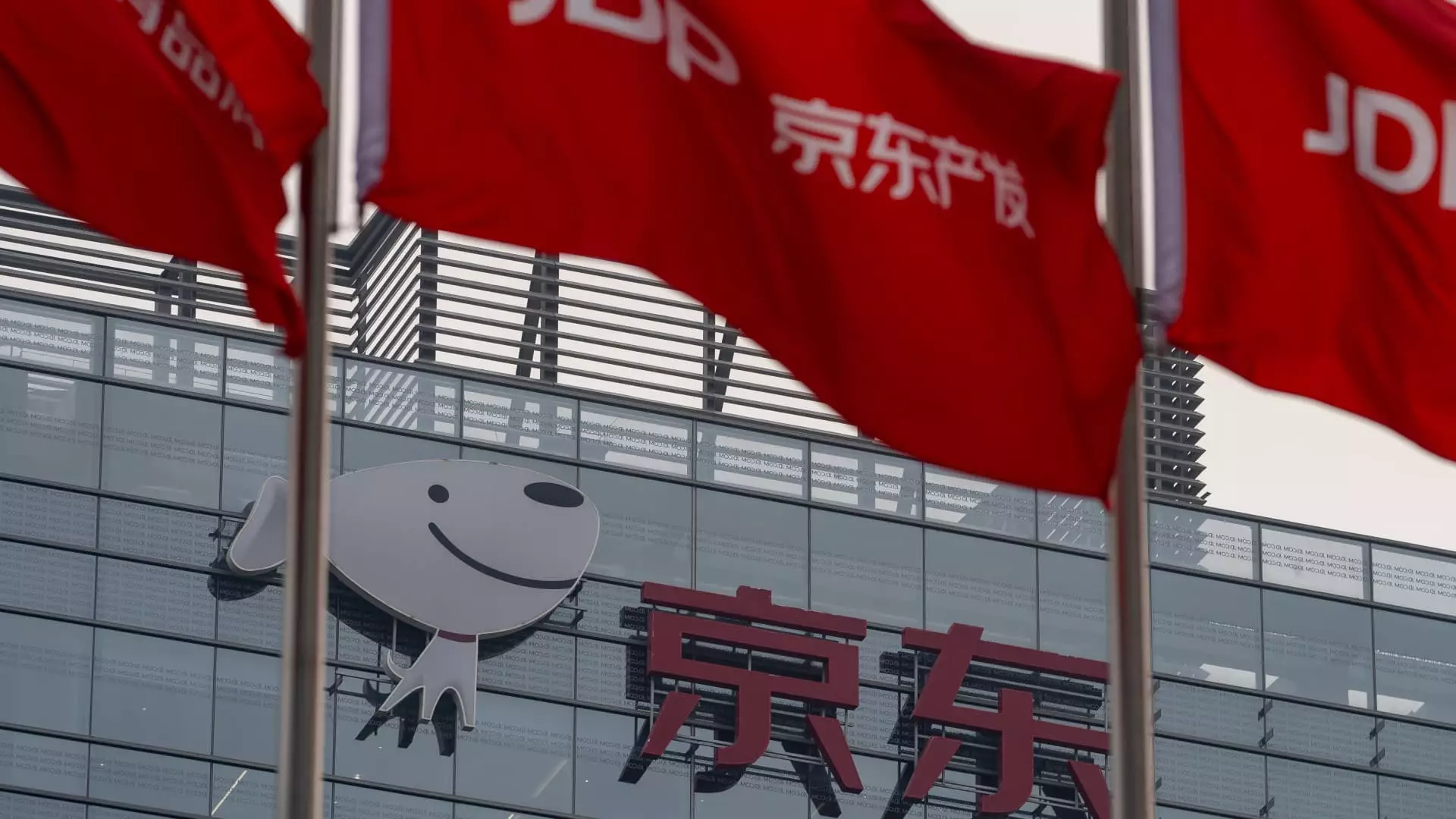Shares of Chinese online retailer JD.com experienced a 1.2% increase in Hong Kong-listed shares following the announcement of a $5 billion buyback. This positive trend contrasted with the decline on the Hang Seng index, where the benchmark was down about 0.82% on the same day. Meanwhile, the company’s U.S. listed shares rose by 2.24% after the buyback news. Despite these recent gains, JD.com’s shares have still dropped by approximately 20% year to date.
In comparison to JD.com’s performance, Hong Kong’s Hang Seng index is up about 4% for the year thus far. This discrepancy highlights the impact of JD.com’s strategic initiatives, such as the buyback program, on its stock performance relative to the broader market trends.
JD.com’s $5 billion buyback announcement marks the company’s second buyback this year, following a $3 billion buyback in March. According to Chelsey Tam, a senior equity analyst at Morningstar, the decision to initiate a share buyback is a common practice among Chinese companies when share prices and growth are low. This strategic move reflects JD.com’s confidence in its long-term growth prospects and its commitment to maximizing shareholder value.
The Chinese e-commerce sector has faced challenges due to a slow domestic economy, as evidenced by Alibaba’s recent second-quarter results missing expectations. Other players in the industry, such as Vipshop and Pinduoduo, have also experienced setbacks in their financial performance. In response to these challenges, companies like Alibaba have resorted to share buyback programs to signal confidence to investors and support their stock prices.
JD.com’s $5 billion buyback announcement has had a positive impact on its stock prices, with shares outperforming the broader market indices. This strategic move reflects the company’s proactive approach to managing its stock performance and boosting investor confidence in the face of industry headwinds. By closely monitoring market trends and implementing strategic initiatives like share buybacks, JD.com demonstrates its resilience and commitment to creating long-term value for its shareholders.

